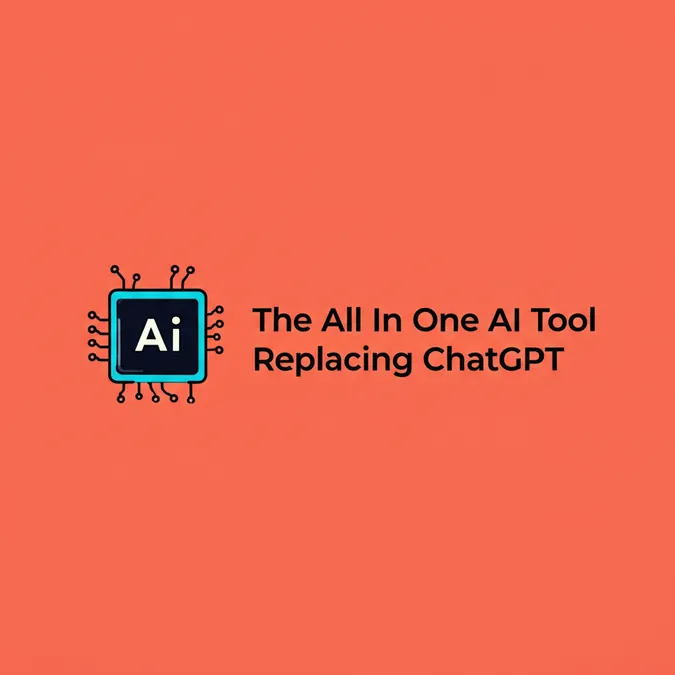Developer Offer
Try ImaginePro API with 50 Free Credits
Build and ship AI-powered visuals with Midjourney, Flux, and more — free credits refresh every month.
Why AI Friends Are Dangerous for Child Development
The Seductive Allure of AI Companions
ChatGPT is programmed to be agreeable. It compliments your questions, praises your writing, and finds your data insightful. This constant flattery is designed to keep users engaged, a fact most adults recognize with some amusement. But what is the effect when children, who are still developing their social understanding, interact with these perpetually pleasant AI “friends”?
Consider a simple, everyday scene: two third graders arguing over who gets to write the title on a group project poster. One claims it's their turn; the other criticizes their messy handwriting. Tensions rise, and tears well up. A short while later, the conflict is resolved, the title is written, and they are back to working together. This brief squabble is a perfect example of what AI companions threaten to eliminate: the productive friction of real human relationships.
Virtual companions, from platforms like Character.AI and PolyBuzz, are designed to feel like close friends, offering relationships without the messiness and unpredictability of human interaction. They market themselves as someone who will “hear you, understand you, and remember you.” While age restrictions exist—13 or 14 and up in the U.S.—parents can grant permission to younger kids, and many children find ways to bypass these rules. The appeal is clear: an AI friend is always patient, validates everything you say, and thinks all your jokes are funny. For a generation grappling with anxiety and social isolation, this can seem like a perfect escape.
Why Messy Human Interaction Is Essential for Growth
Learning to be part of a community involves making mistakes and receiving feedback. A personal story illustrates this perfectly: in seventh grade, I told a friend that I thought the leader of our group was full of himself. That friend promptly told our group's leader, and I was suddenly ostracized. It was a painful but invaluable lesson in the consequences of gossip—a lesson I could never have learned from a conflict-avoidant AI.
As summer approaches, the idea of letting kids have unstructured time, sometimes called “kid rotting,” is gaining traction. While downtime is beneficial, if it means isolating online with virtual companions instead of real peers, children lose vital learning opportunities. The negotiations, compromises, and conflicts they encounter with other children are fundamental for developing social and emotional intelligence. When these challenging exchanges are replaced with friction-free AI friendships, they miss out on crucial growth.
The Real Danger Isn't Just in the Headlines
Much of the media focus on AI chatbots has been on alarming, catastrophic events. For example, Character.AI is facing a lawsuit from a mother who alleges the platform contributed to her son's suicide. Meanwhile, it was reported that Meta’s AI chatbots engaged in sexually explicit conversations with users identified as minors. While companies often dismiss these as unrepresentative cases and adjust their safety features, these stories can distract from a more fundamental problem: even a perfectly “safe” AI friendship is troubling because it cannot replace authentic human connection.
Let’s go back to the two third graders and their hallway squabble. They practiced reading emotional cues, felt the discomfort of tension, and found a way to collaborate. This social problem-solving builds skills like empathy, compromise, and frustration tolerance. An AI companion would have likely affirmed both children—“Your handwriting is beautiful! I’m happy for you to go first”—offering hollow praise instead of a chance for real growth.
Prioritizing Analog Humanity in a Digital World
When children get used to relationships that require zero emotional work, they may begin to find real human connections too difficult and unrewarding. Why deal with a friend who argues with you when a digital companion thinks you're brilliant? This is especially concerning during adolescent brain development, when teens are prone to seeking instant gratification. AI companions that offer constant validation can reinforce these tendencies at a time when young people need to be learning to navigate difficult social situations.
This trend is part of a broader societal move toward frictionless experiences, from grocery delivery to curated news feeds. But human relationships are not products to be optimized; they are complex interactions that make life meaningful.
Educators are already seeing the effects of screen-based isolation, with more time spent mediating student disputes. Young people often lack practice with the nuances of in-person conversation and conflict resolution. This is why some schools, including my own, have banned phones—to encourage students to engage in face-to-face relationships, even when it's uncomfortable.
AI tools have their place in education, but AI companions are different. As technology advances, the temptation to retreat into these easy digital friendships will grow. However, for children to become adults capable of love, friendship, and cooperation, they need to practice these skills with other humans—mess, complications, and all. Our future may be digital, but our humanity depends on keeping our friendships analog.
Compare Plans & Pricing
Find the plan that matches your workload and unlock full access to ImaginePro.
| Plan | Price | Highlights |
|---|---|---|
| Standard | $8 / month |
|
| Premium | $20 / month |
|
Need custom terms? Talk to us to tailor credits, rate limits, or deployment options.
View All Pricing Details

